Understanding Tikanga Māori a Necessary Addition to Legal Education
Understanding Tikanga Māori a Necessary Addition to Legal Education
The recent complaint against the inclusion of tikanga Māori in the University of Auckland’s law curriculum from January 2025 raises important points about legal education in Aotearoa. While concerns about indoctrination and burdening students are seen as valid by some, I think a deeper understanding of tikanga Māori could strengthen, not weaken future lawyers.
King's Counsel Gary Judd and Deputy Prime Minister Winston Peters argue that tikanga Māori is simply beliefs, not law, and "cultural indoctrination". This view is narrow. Tikanga Māori encompasses customary practices, ethics, and principles that guide behaviour. It's the foundation for many things including Māori societal order and even dispute resolution – so why can’t it exist alongside and enhance common law?
Emeritus Professor of Law at University of Auckland Jane Kelsey says Te Tiriti o Waitangi (the Treaty of Waitangi) recognises the ongoing existence of tikanga Māori. Ignoring it creates a blind spot in legal education and the realities of a significant portion of the population.
Te Tiriti o Waitangi (the Treaty of Waitangi) recognises the ongoing existence of tikanga Māori. Ignoring it creates a blind spot in legal education and the realities of a significant portion of the population - Emeritus Professor of Law at University of Auckland Jane Kelsey.
Many New Zealanders identify as Māori, and knowledge of tikanga Māori fosters culturally appropriate communication and solutions, particularly in areas like restorative justice and cases involving Māori land or cultural rights.
Professor Kelsey also raises an important issue about the pace of implementation. Rushing the legal curriculum for university students could lead to superficial understanding. Mind you, this shouldn't be an excuse for inaction.
Nor should the social media comments by Professor Khylee Quince, the Dean of AUT’s Law School (“racist dinosaurs”), and Winston Peters (“woke indoctrination”).
Open dialogue and a willingness to learn from across cultures are essential for building a more inclusive and just legal system.
Including tikanga Māori in the incoming studies for law students isn't about weakening the existing legal framework. It's about recognising the richness of Aotearoa New Zealand's legal heritage and ensuring all New Zealanders are served effectively by the law.
The Culture and Design Lab empowers workplace leaders to create social cohesion at work. We use indigenous knowledge, design, and strategy to foster inclusion and belonging in the workplace.
